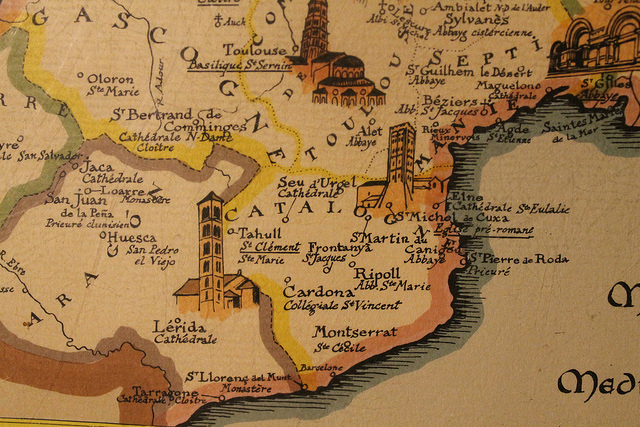
Image credit: Connie Ma
Whenever we pick up a travel novel, we journey into the period of the author’s time — almost like a time-travelling experience: The midst of World War I, yet slightly sheltered from it in the warmth of Morocco’s sandy dunes in Edith Wharton’s In Morocco; 19th century French outskirts in Robert Louis Stevenson’s Travels with a Donkey in the Cévennes; trans-continental travel from Venice to Mongolia in Marco Polo’s 13th century classic, The Travels of Marco Polo. Often do we find ourselves absorbed into the timeline, as good novels do, and perhaps, as a by-product, wonder where many of the experiences set in centuries past had gone to.
A sweeping observation points to a need for a certain degree of excitement, as countless videos on social media seem to suggest with colourful and vibrant, GoPro footages and all-encompassing panoramic views hell bent on enticing viewers into packing their bags for the next summer paradise or winter wonderland, or an adrenalin junkie’s haven. It is not often that the gentler attractions are touted as prominent reasons for wanting to travel to another country, like staying at a village to interact with the locals. It is no fault of anyone’s, just the natural evolution of what generates the most interest for a modern community.
The world is constantly changing, and the landscapes of old are distinctively different from the ones today.
While we count our lucky stars to be born in an era of information that is embodied by a discovered world, pioneers of travel literature did not have that luxury of “omniscience”. At various points in time, those travellers had to contend with an indeterminate amount of uncertainty — the same uncertainty that misguided Christopher Columbus onto American instead of Indian shores, the latter whose namesake we unapologetically associate with American natives today. From century to century, rough world maps were drawn and redrawn, and nothing was concrete; every trip was a literal discovery: new lands, new tribes, new kingdoms, the list stretches on. We are a generation that is able to do our research before planning a trip. With a few words and a search engine on the internet, we are able to obtain all the necessary information about the place we are going to.
The age of discovery has long passed, and we now live in an age of the discovered.
It is also a gut feeling of mine that the travellers of old seemed to enjoy their journeys a little more, even though all aspects were comparatively much slower than that of ours. It is probably inconceivable to imagine ourselves on board a large galleon common during the Renaissance, spending weeks, even months, out at sea with little more than your crewmates for company and what meagre entertainment they offered. Hygiene was poor, and outbreaks of diseases were common. Skip a few ages later even, and there Edith Wharton was, in Morocco, circa 1910, being entertained by wealthy hosts in grand houses, or roaming into curious Berber-only neighbourhoods. The rapid-fire pace of modern life has, to a certain extent, crept into the way we travel, that passivity is wrong and that we should all be go-getters pursuing every possibility of “doing” instead of just soaking in the moment.
But, may I suggest that there is still a bridge that connects the two worlds that could not have appeared to be any more distant.
Although the mode, the plans, and the level of patience changes —for better or for worse—over the years, the inquisitive instinct innate in us remains a sturdy constant.
It is what ignites a yearning to leave the humdrum of daily routines to veer off a different path previously unseen by our own two eyes, learning something new about the surroundings and about ourselves. It could be a month-long trip of a lifetime across the world, or it could simply be a 30-minute bus ride to a neighbourhood you have never ventured into before — both make for meaningful trips in their own, curious right.






